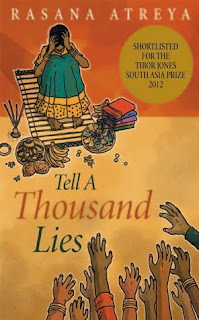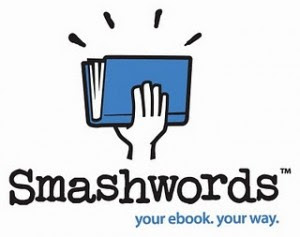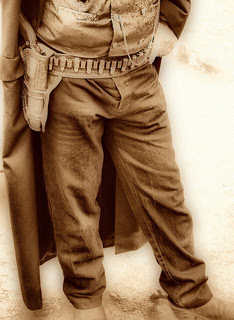Dean Wesley Smith continues his two part series listing 10 things indie writers do to shoot themselves in the foot. My post talking about Dean's first five points is here:
Indie Authors: Bad Sales? Redo Your Cover!
6. Don't get hung up promoting your first book, go write another one!
Sometimes an author will write one or two books and spend most of her time promoting them using social media. Dean writes:
The best way to sell more books is become a better storyteller, to have more product to sell, to work on craft and pacing and cliffhanging and all the thousands of things a professional writer needs.
7. Use different pen names when you write in different genres
Many writers say they don't want to use a pen name because it would take more work to develop two names than one. And of course that's true. But as Dean writes:
Yup, that will kill sales faster than anything I have seen. Why? Because
of reader expectations, that’s why. A reader picks up and likes a
romance under “Real Name Writer” and then sees another book from the
same author name and buys it and it’s a horror novel with ugly guts and
blood. Reader says, “I’m not buying anything by that author again.” And
then tells their friends to avoid you.
I see Dean's point, but I think it's probably only a killer in conjunction with a bad cover and a bad blurb. For instance, one of my favorite authors writes two very different series, one is gritty urban fantasy while the other is high fantasy, but it's obvious from the cover alone what genre is under the cover. I haven't bought one of his high fantasy books yet, but I'm still a huge fan of his urban fantasy series.
8. Pricing your work too low
Due to changes Amazon made to their ranking algorithm it no longer pays to sell a book for under $2.99. Sure, offer your book for a reduced price for a limited period to generate sales, but don't keep any of your books at that price.
What price is best for your book? Everyone has a different opinion. Dean thinks the $4.99 to $8.99 range makes sense. He writes:
So if you want to build a long-term career, with fans finding you
slowly, over time, who are willing to pay a respectable price for your
work, have some respect in your own time and craft. Price your book in
the same range as traditional publishers price their works. ($4.99 to
$8.99 for most for e-books)
9. Going exclusive
This issue is hotly debated. Some authors find they sell well over 95% of their books through Amazon so enrolling most of their work in Amazon's KDP Select program--a program which demands exclusivity--seems right for them. Not so for others.
Don't forget about paper books
Many indie authors make the mistake of not putting out paper copies of their work. Dean writes:
[B]y ignoring paper editions, not having them available at least, you
ignore 80% of all readers. And also kill a great price comparison on
your own books. (I did an entire post on this topic, but say your print
book is $15.99, it makes your $7.99 electronic edition look like a
deal.)
Excellent point! And I hear that
CreateSpace is easier than ever to use.
10. Hurrying
Take time to practice your craft and stop focusing on sales. Dean writes:
I am not saying you shouldn’t mail your stuff to editors or put your
work up electronically and try to make sales. Do put it up, do mail it
to editors. I mailed my very first short story to a magazine that bought
it. And my second. And after that I got hundreds of rejections before a
magazine bought another story from me. If I had been in a hurry, if I
didn’t understand at a deep level that learning how to be an
internationally-selling fiction writer took time and years, I would have
stopped somewhere between 1975 and 1982.
But I didn’t stop. I kept writing and learning and working on
becoming a better storyteller. And I kept learning the business, even as
it changed.
And now, thirty-seven years later, I’m still writing and still learning and still working to become a better storyteller.
So slow down the worrying about sales, focus on learning, focus on
the next story and the next story, and have fun. The sales will come if
you put your work out there and keep learning.
These quotations were all taken from Dean Wesley Smith's article:
The New World: Publishing: Killing Your Sales One Shot at a Time: The Second Foot.
Now that I know
what to do if I could just
do it! ;)
Hope you've having a great writing day. Cheers!
Other reading:
-
Indie Authors: Bad Sales? Redo Your Cover!
-
Kristen Lamb: 5 Steps To Writing Success
-
How To Sell 100 Books Per Day: 6 Things You Need To Do
Photo credit:
By theexbrit












